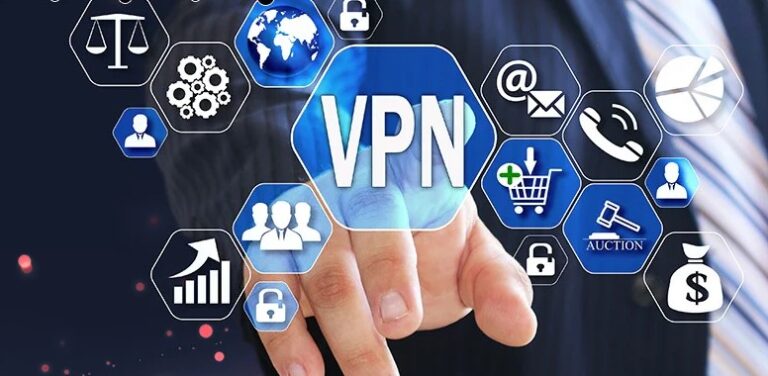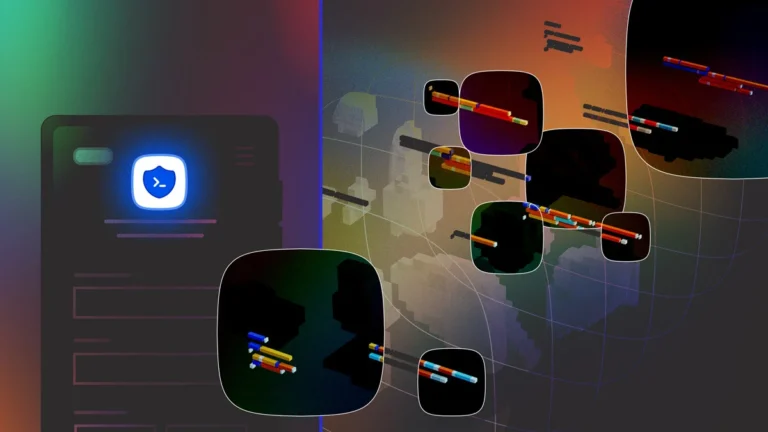Have you noticed how the devices we deal with every day are getting “smarter and smarter”? At times it seems they have the ability to read our minds. Exactly because of this, one can’t help to wonder where the information we exchange every day goes.
Despite our devices being smart, it is difficult to achieve that the information we exchange is transmitted in a secure way. On an annual level, millions of cases of cybercrime, especially identity theft, are recorded. By using www.vpnscanner.com technology, these numbers can be significantly reduced, but in order to achieve this, we need to find out exactly what this technology is and how it can help us. This is especially important for companies.
A short introduction to cyber security: What is a VPN and what is it for?
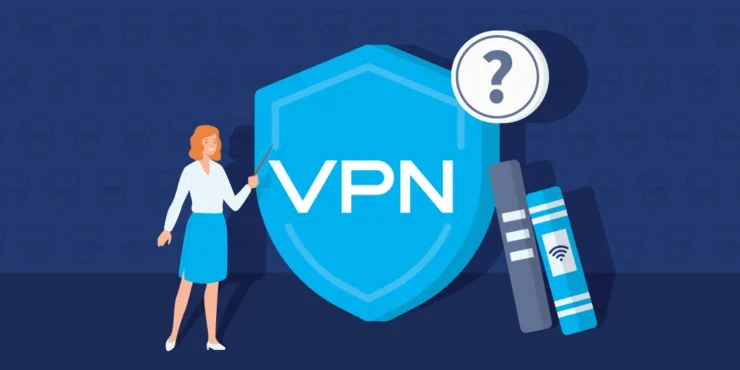
As its name suggests, a virtual private network represents an “extension” of a private network, over a public network (Internet). It is actually a local network connection that encrypts the data being transmitted, thus keeping it cyber-secure.
Precisely because of these characteristics, this technology provides you with anonymity and privacy when using an online connection by hiding your important data about your network address, so that your activities on the Internet (such as the location where you store your information, or your payment card information) cannot be tracked.
In recent times, with the development of modern technologies and with the increasing transition to online business, such a tool is becoming almost as necessary as the Internet connection itself, but for different reasons. The primary one is certainly cyber security.
Why is it important for your company?
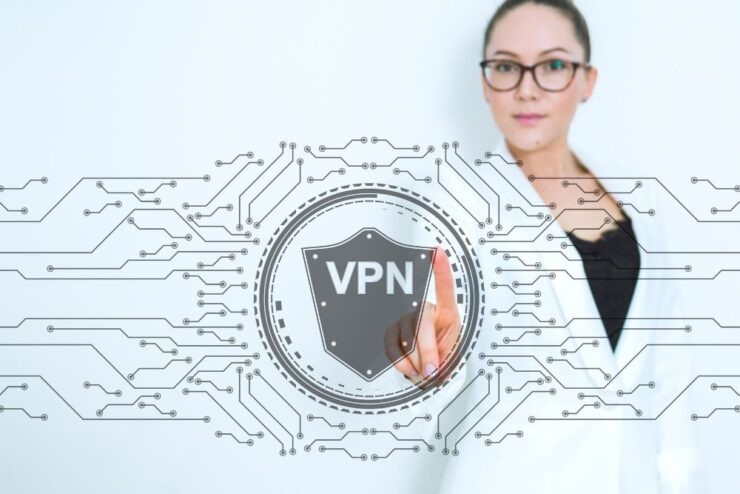
If the mere mention of online security makes you immediately join the conversation, you should read this article until its very end. Let’s see why it is important to use a tool like this in your daily business.
If your company uses any kind of Internet access or needs to access the internal network via the Internet (for example, in the case of working outside the office), it will create an encrypted connection between the device from which the network is accessed, and the network itself. This means that only certain computers and networks that have a special code key will be able to decode the information being sent.
These private networks are designed to encrypt information even before it enters the network, thus preventing potential attacks, and making all types of online financial transactions safe. As we have already stated, this technology prevents you from tracking your movements on the Internet, as well as tracking what you downloaded from the “network”, and which sites you visited, whether you use Skype, Zoom, or some other online service.
The benefits of using it are numerous. The mentioned way of functioning makes it a cost-effective and safe way of data transmission. Every modern business needs it, but is it enough?
Naturally, you must be asking yourself whether such protection is enough, or whether will you be needing additional tools to maximize the safety of your company’s online activity.
We have already tackled the question of the importance of a comprehensive approach to online security in companies. If we want to sum it up, it could include two main aspects:
Preventive measures – forming a team of employees who are educated and/or trained to work in the field of cyber security, educating employees on what they should pay attention to when handling data, and implementing the necessary technical measures to protect against data theft and other forms of cybercrime.

Remediation of damage – compensation of potential financial losses if client data is stolen, or when it comes to ransom in the case of cyber extortion (ransomware). This can best be solved with the help of a cyber insurance policy, which in that case needs to be concluded already in the preventive phase.
By this logic, the use of private network tools would belong to the group of preventive measures, but it cannot act alone in any case. Yes, such technology helps you to repel cyber attacks, and external hacker attacks but… Very experienced hackers know how to bypass this level of protection and attack its “weakest links”.
To better understand the importance and function of these tools, here is an example. Remember the last time you used Wi-Fi in a coffee shop, airport, or on a business trip? A lot of what we do today requires constant traveling for work. You’ve easily hooked up and been using the internet without a problem, haven’t you? Your first thought: “Great, free internet”. But do you know who might be monitoring traffic on that network?
You should keep in mind that just because it’s called “HOTEL NAME WiFi” doesn’t mean it’s actually owned by the hotel you’re staying at! Think about passwords, banking information, and credit card numbers, but also “regular” private information, which you transfer every time you go online.
If you connect to the same public network using a private network tool, you can be sure that no one on that network will be able to see or use your data.
It sounds a bit illegal…
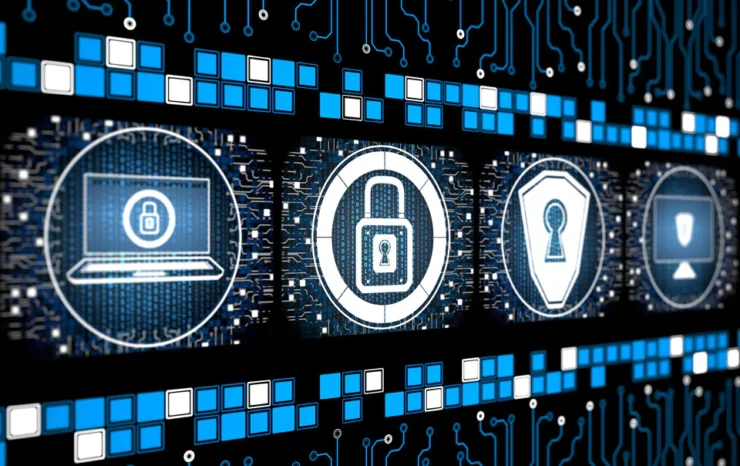
There’s nothing illegal about protecting your business data. But, believe it or not, in some countries it is illegal to use such tools. For example in North Korea, China, Iran, and the Emirates, while in Russia it is limited.
In most countries, using these services is completely legal, but abusing them on the other hand is not.
These are very useful solutions that can be applied in different situations, starting primarily with protection and security, but also facilitating the use of paid services around the world, regardless of where you are. Its great advantage is its very simple use, which does not require IT knowledge, but a simple connection, after which your connection and data become encrypted.
In addition to individuals, these are mostly used by companies, schools, the Government, and Government agencies, all with the aim of protecting their privacy and the privacy of their users.

